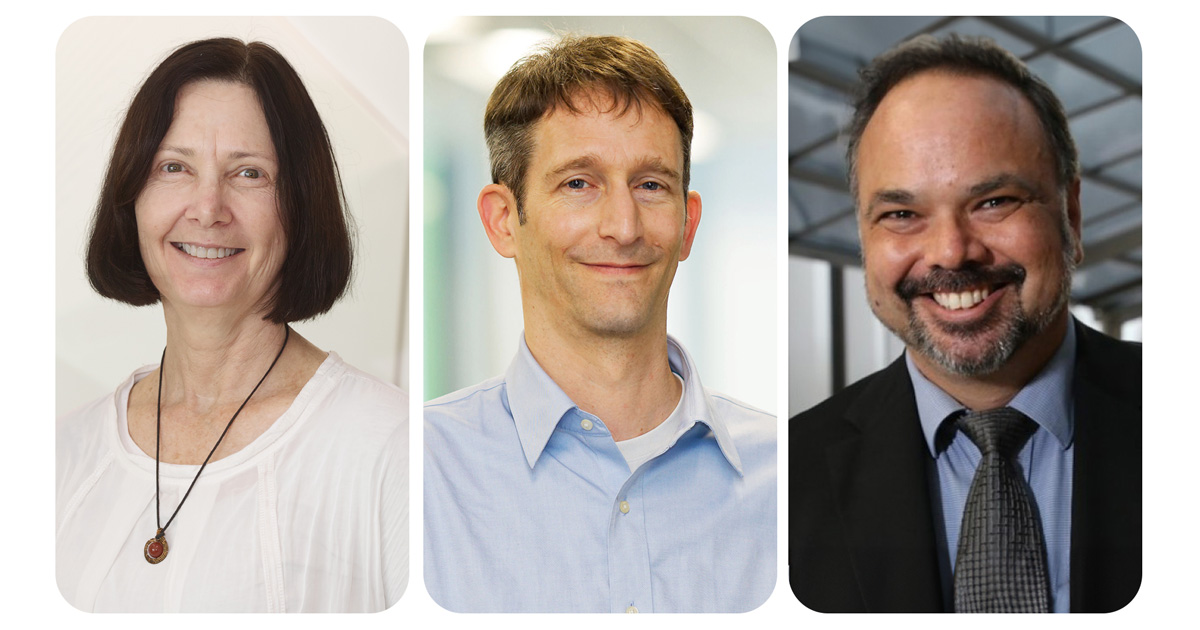
Research that screens novel genetic variants identified in disease will be fast-tracked by a funding boost, offering new hope of an early diagnosis for families of children with a rare or undiagnosed genetic disease.
A team from The Kids Research Institute Australia has already reduced the time it takes to screen genetic variants from around five years to 12 months and hopes to further reduce this to less than 12 weeks.
The three-year project has been made possible in part by an AUD$2.7 million grant from the Chan Zuckerberg Initiative DAF, an advised fund of the Silicon Valley Community Foundation.
The grant will support research by a team co-led by Dr Vanessa Fear and Associate Professor Timo Lassmann from The Kids, with Clinical Professor Gareth Baynam from the Rare Care Centre at Perth Children’s Hospital, who will develop a revolutionary protocol known as SCRIPT (Single-cell CRISPR to Identify Pathogenesis with Transcriptomics) which helps scientists rapidly determine whether a genetic change is responsible for a disease. This supports earlier and more accurate diagnoses for patients.
Dr Fear said the project would build on the team’s previous screening success to fast-track a newer, faster and more informative method enabling the functional interpretation of hundreds of patient genetic variants in a single assay.
“SCRIPT works by using CRISPR gene editing and stem cell models to create ‘avatars’ of a patient's disease,” Dr Fear said.
“These avatars can be grown in a dish alongside the avatars from other patients, allowing us to study numerous variations simultaneously.
“Individual cells are first sorted based on the presence of specific genetic variants and then analysed for changes in gene activity in comparison to their healthy neighbours. By pinpointing these changes, SCRIPT can determine disease causality (pathogenicity), identify potential treatments, and predict disease progression.”
Associate Professor Timo Lassmann from The Kids said advances in precision health were transforming how genetic diseases are diagnosed and understood, with new approaches accelerating the path from discovery to real-world impact.
“Our ability to analyse genetic variants at scale is redefining what is possible in diagnosis and treatment,” Associate Professor Lassmann said.
“By combining cutting-edge technologies with a deep commitment to collaboration and scientific excellence, we are shaping a future where precision health delivers tangible benefits to children and families. This is part of a broader effort at The Kids to drive innovation and translate research into meaningful health outcomes.”
Clinical Professor Gareth Baynam, Medical Director of the Rare Care Centre, said the project had the potential to deliver a diagnosis sooner and better care, improving the lives of children with a rare or undiagnosed disease.
“This high throughput and scalable method simultaneously assesses large numbers of genetic variants in under three months,” Clinical Professor Baynam said.
“It will deliver an earlier diagnosis and new treatment insights, leading to better treatments, life-changing interventions, access to clinical trials and decreased health care costs.”
The research team thanked the Chan Zuckerberg Initiative for their generous support of the program of work.
